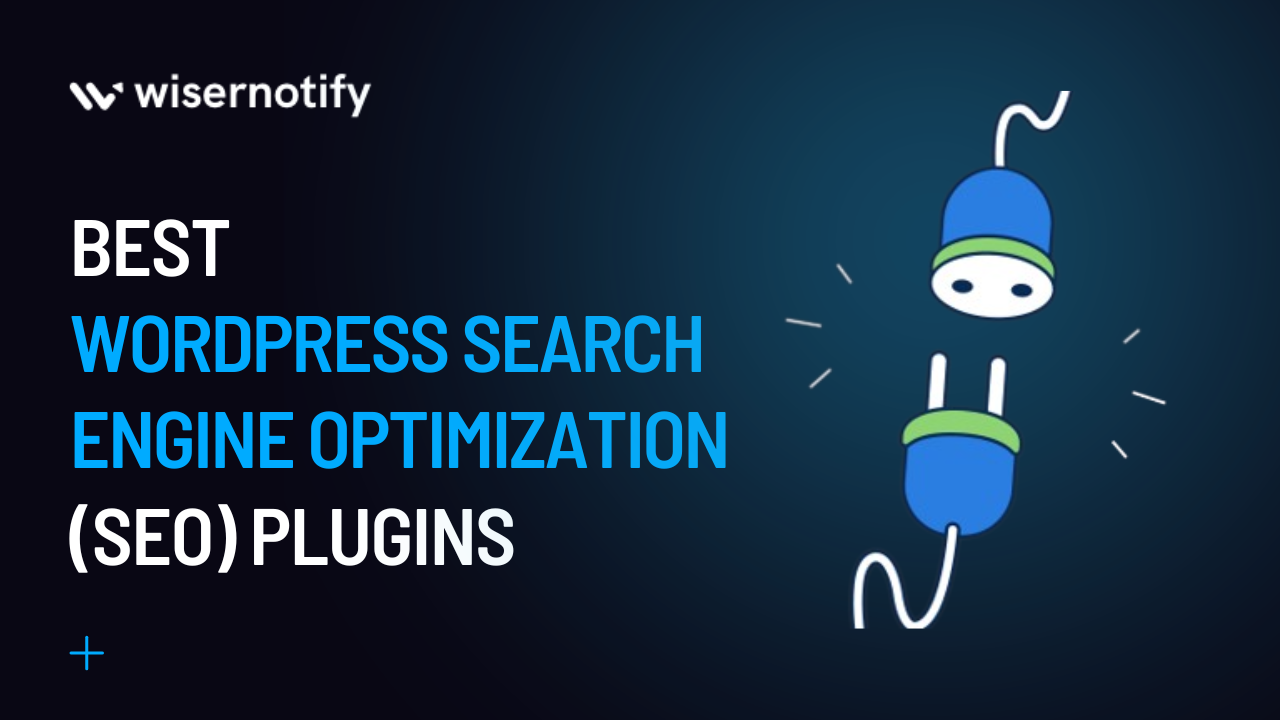Index Surge: Amplifying Your Insights
Stay updated with the latest trends and news across various industries.
WordPress SEO: The Secret Sauce to Outshine Your Competitors
Unlock WordPress SEO secrets to boost your rankings and leave competitors in the dust—transform your blog today!
Unlocking the Power of Keywords: A Comprehensive Guide to WordPress SEO
Unlocking the Power of Keywords is an essential task for anyone looking to improve their WordPress SEO. Keywords are the foundation of successful online content, driving organic traffic and enhancing visibility on search engines. In this comprehensive guide, we will explore how to identify the right keywords for your niche, integrate them seamlessly into your content, and monitor their performance over time. One of the first steps in this process is conducting thorough keyword research. Utilizing tools like Google Keyword Planner or SEMrush can provide invaluable insights into popular search terms and related phrases that your target audience is using.
Once you have identified potent keywords, the next step is to optimize your WordPress site. This includes strategically placing keywords in critical areas such as titles, headings, and the meta descriptions. It’s important to maintain a natural flow in your writing; overstuffing your content with keywords can lead to a poor user experience and may even result in penalties from search engines. To truly unlock the power of your chosen keywords, consider creating engaging, high-quality content that answers the questions and addresses the needs of your audience. Remember, in the world of SEO, quality always trumps quantity.

Are You Making These Common WordPress SEO Mistakes?
Many bloggers underestimate the importance of SEO optimization when using WordPress. One of the most common mistakes is neglecting to utilize the built-in tools provided by the platform. For instance, failing to optimize your permalinks can lead to long, unattractive URLs that are not user-friendly or search engine-friendly. Instead, consider setting your permalinks to a post name structure, as this not only enhances readability but also helps boost your search engine rankings. Additionally, not utilizing header tags (H1, H2, etc.) properly can dilute the SEO potential of your content. These tags help search engines understand the structure and hierarchy of your content.
Another frequent error is ignoring image optimization. Many users upload high-resolution images without compressing them, which can significantly slow down page load times—a critical factor for SEO. To avoid this, always use descriptive filenames and include alt text for each image, which helps search engines index your visuals and improves accessibility. Finally, don't overlook the importance of internal linking; not linking your pages can hinder search engine crawling. Incorporating relevant internal links can improve your site’s navigation and provide search engines with a better understanding of the content hierarchy, ultimately boosting your SEO efforts.
7 Proven Strategies to Boost Your WordPress SEO and Outrank Competitors
In today's competitive digital landscape, achieving high rankings on search engine results pages (SERPs) requires a strategic approach to WordPress SEO. Here are 7 proven strategies to help you improve your website's visibility. First, prioritize keyword research. Utilize tools like Google Keyword Planner to discover keywords relevant to your niche, and incorporate them naturally into your content. Next, focus on optimizing your site's loading speed; a faster website not only enhances user experience but also positively impacts SEO rankings. Remember, even small improvements in speed can lead to significant increases in engagement and retention.
Another effective strategy is to enhance your on-page SEO. Ensure that each page features well-crafted meta titles and descriptions that include your primary keywords. Don’t forget about image optimization by using descriptive file names and alt tags. Furthermore, creating high-quality, authoritative content that addresses your audience's queries can set you apart from competitors. Lastly, consider building a strong backlink profile; acquiring links from reputable websites can significantly boost your site's credibility and, consequently, its SEO performance.